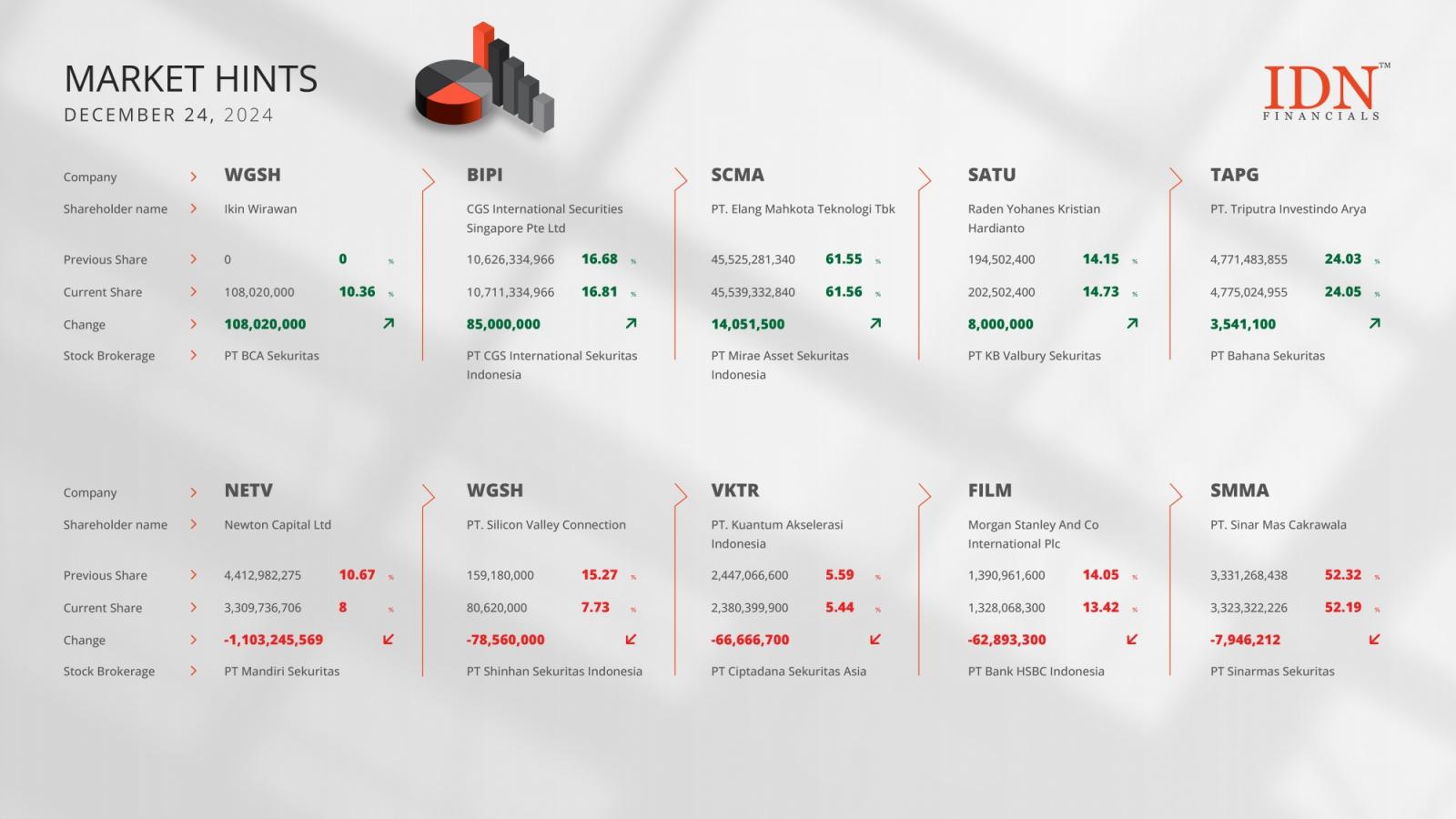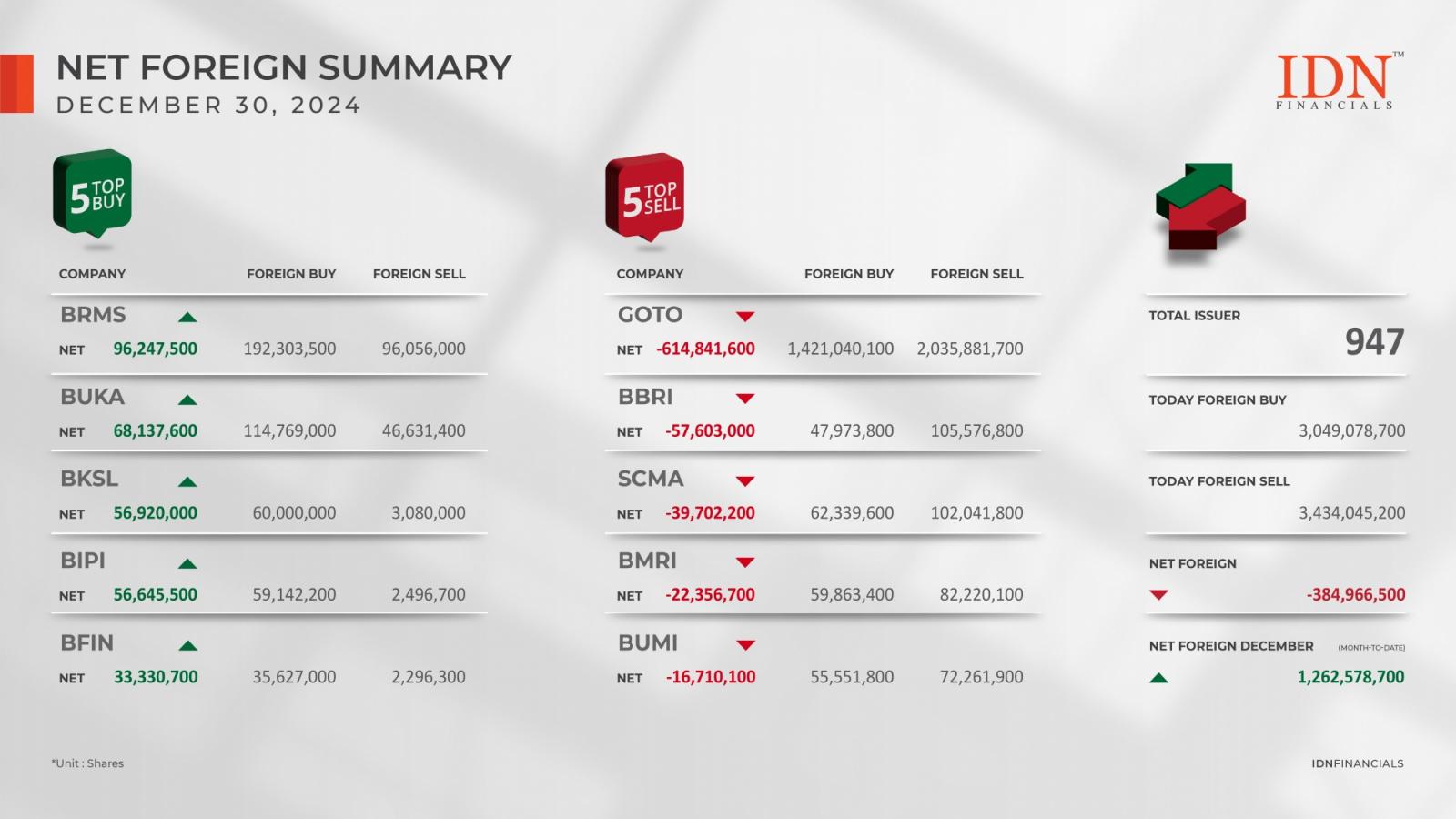Thailand’s Ministry of Finance revoked Zipmex’s digital asset business license on May 28, following recommendations from the Securities and Exchange Commission (SEC). The action came after the exchange repeatedly failed to adhere to the regulator’s directives, according to a statement.
In a statement on Monday, the SEC explained its decision. First, it raised concerns about the firm’s financial health, suggesting it could harm customers. Second, the regulator found the company’s management structure and staffing inadequate to run the business responsibly and follow regulations.
Earlier this year, Zipmex got into hot water with Thai regulators. In January, the SEC flagged issues with its finances and management structure. It ordered the company to make changes, but the exchange failed to comply. As a consequence, the SEC temporarily suspended its trading and brokerage services in February and gave them a short window to fix the problems.
Zipmex didn’t return Cryptonews’ request for comment by press time.
Zipmex Fails to Comply, Thai SEC Takes Action
Things got even worse after the SEC launched an investigation. The regulator charged and accused the former CEO, Akarlap Yimwilai, of fraud and deception. The SEC discovered that the exchange moved customer funds from its Thai wallets to overseas accounts without informing regulators beforehand. This contradicted the information Zipmex previously provided, raising trust concerns.
Despite the suspension and deadline, Zipmex continued to fall short. By Feb. 21st, the SEC determined Zipmex hadn’t addressed the compliance issues and hadn’t made the necessary changes to its operations.
The SEC has now mandated how Zipmex should handle customer assets. It requires Zipmex to transfer the assets back to customers within 15 days. If a customer doesn’t claim their assets, Zipmex must then place them in a secure system and report every step of this process to the SEC promptly.





